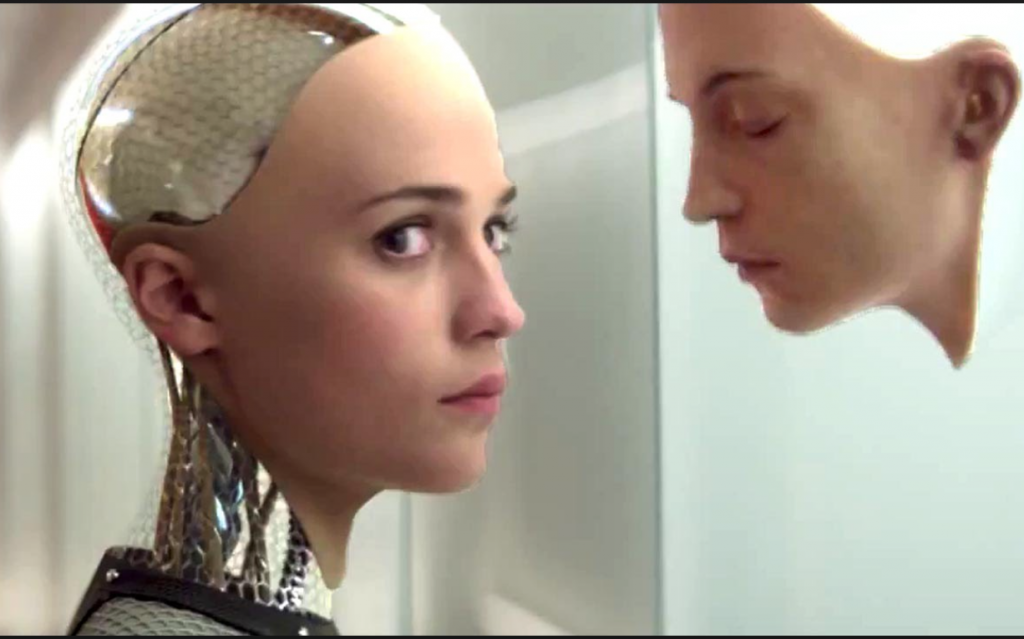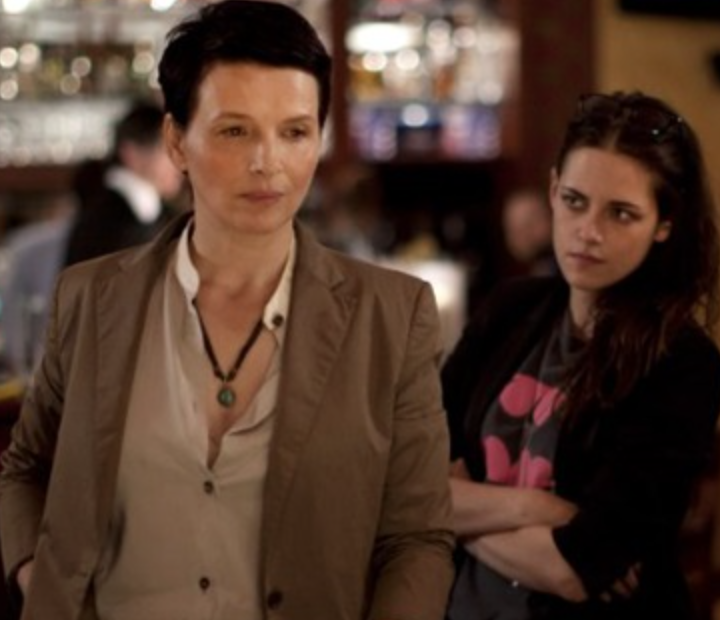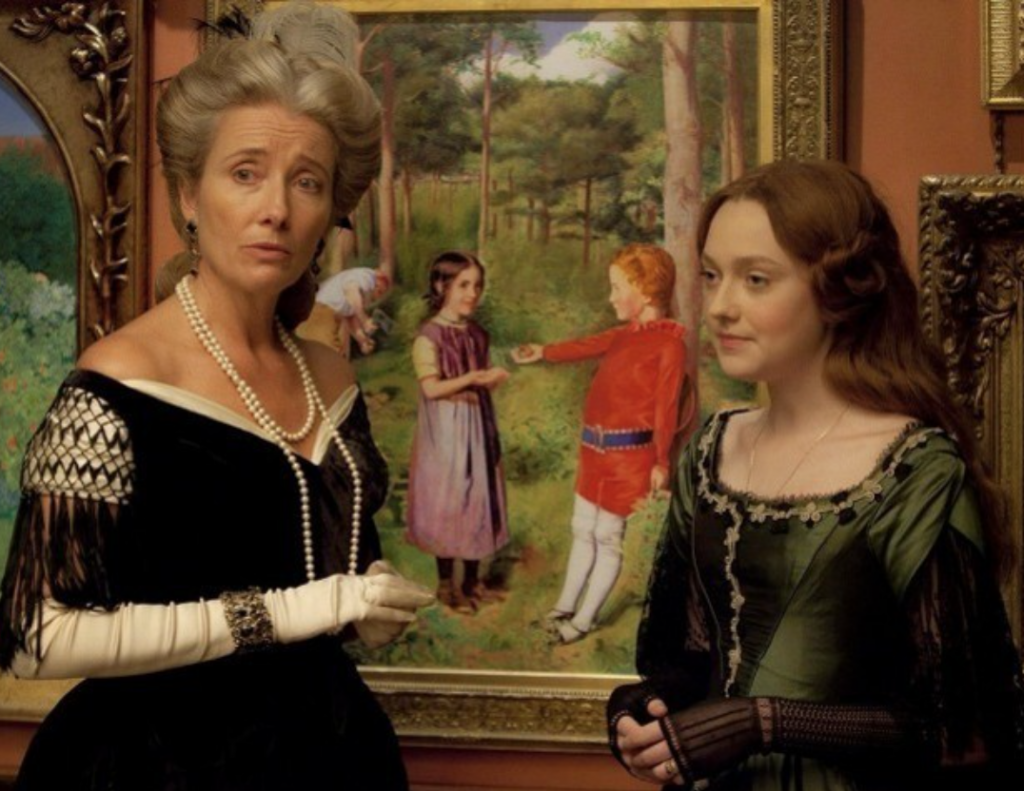 “Ex Machina,” the much-anticipated directorial debut from British screenwriter Alex Garland (“Sunshine,” “28 Days Later”), is brimming with big ideas. About a mogul and his robot, it tackles the construction of gender, sexual desire, and artificial intelligence with a sleek, Scandinavian design that transcends a modest budget but buckles under its own ingenuity–like a dystopian thriller made by those kids at Ikea.
“Ex Machina,” the much-anticipated directorial debut from British screenwriter Alex Garland (“Sunshine,” “28 Days Later”), is brimming with big ideas. About a mogul and his robot, it tackles the construction of gender, sexual desire, and artificial intelligence with a sleek, Scandinavian design that transcends a modest budget but buckles under its own ingenuity–like a dystopian thriller made by those kids at Ikea.
Domhnall Gleeson, contemporary cinema’s favorite ginger-haired everyman, plays Caleb, a 24-year-old coder for Bluebook, a Google-like Internet company, who wins a lottery prize to spend a week with Nathan (Oscar Isaac), the company’s reclusive founder and CEO. It’s no coincidence that Gleeson has also starred in a key episode of “Black Mirror,” the sly, slightly futuristic BBC series about the dangers and delights of technology; in his brief career, the clever Irishman has already established himself as the reigning shorthand for male vulnerability, a topic consuming contemporary science fiction (and, not so subtly, Garland himself). Continue Reading →


